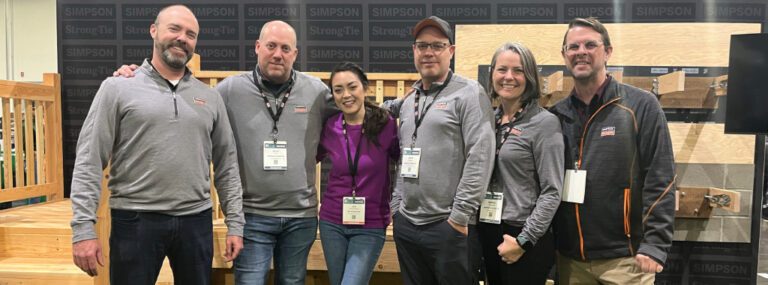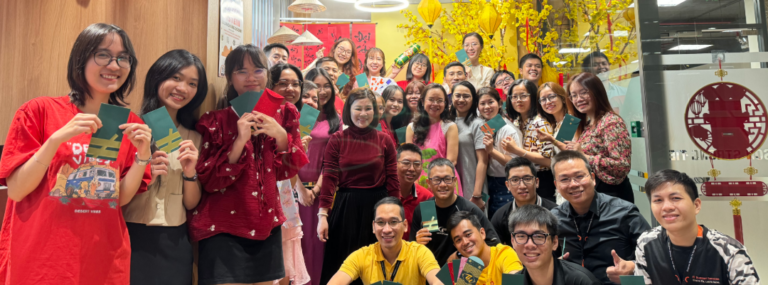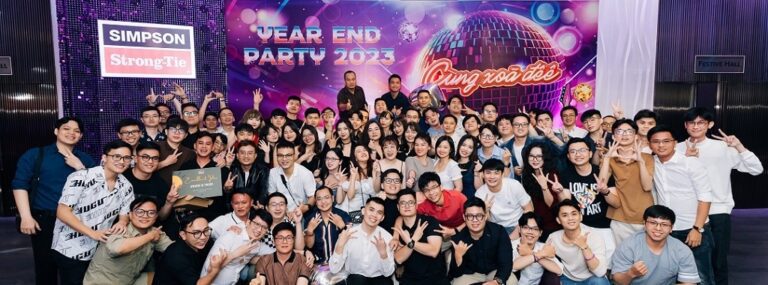“When people join our company, they don’t come for a bus stop. This is a career. [. . .] A great company gives people an atmosphere where they’re happy to come to work in the morning [. . . and] they have confidence in their future with the company, where they know their hard work will be recognized. People are encouraged to grow, to seek out the positive in everyday challenges and find new opportunities to contribute to the company’s success.” — Barclay Simpson, Founder
It’s the final sentence in Barc’s statement that captures where some organizations fall short. Yes, we want our employees to build a career with our company, but that can’t happen unless we have leaders who nurture employee growth and a process to grow strong future leaders. According to leadership researchers Jim Kouzes and Barry Posner, there’s a leadership shortage in the world. But as they point out, “It’s not a shortage of potential talent.”
At Simpson Strong-Tie, we wanted to lift our potential talent from within our organization. To do that, it was important to address common leadership gaps, where people typically begin leading teams around age 31 but don’t receive formal leadership training and development until they’re around age 41. Because developing skillful leadership can take as long as 15 years, we created a five-tiered leadership program that caters to individual contributors with a desire for a leadership role, and to our current managers as their leadership challenges increase in complexity. Each level of our program deepens our managers’ knowledge and commitment to serve their teams and nurture their careers.
Yes, the effort took serious commitment from our Senior Leadership Team, and the cost of developing the program and making it available to all of our people managers and future managers was significant. Why not just hire “already trained” managers? Because doing so would mean we were not honoring our values or providing opportunity for the individuals responsible for our company’s success.
The bottom line is this: In a world of ever-changing fads and buzzwords, there’s great benefit in remembering the founding principles of a company culture where each individual is valued and given the opportunity to grow and receives recognition for his or her contributions. In doing so, you will be honoring your most important assets today while building your company’s future.
 Jennifer Lutz is VP of Human Resources at Simpson Strong-Tie. She wrote this article for her LinkedIn page. She’d love to hear your thoughts on building leadership from within. If you’re considering a future career change consider joining the Simpson Strong-Tie Talent Network.
Jennifer Lutz is VP of Human Resources at Simpson Strong-Tie. She wrote this article for her LinkedIn page. She’d love to hear your thoughts on building leadership from within. If you’re considering a future career change consider joining the Simpson Strong-Tie Talent Network.


